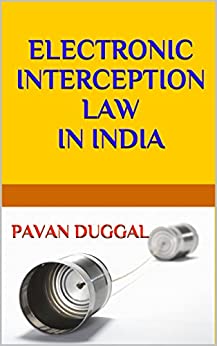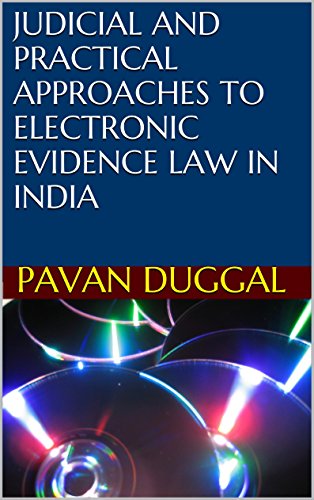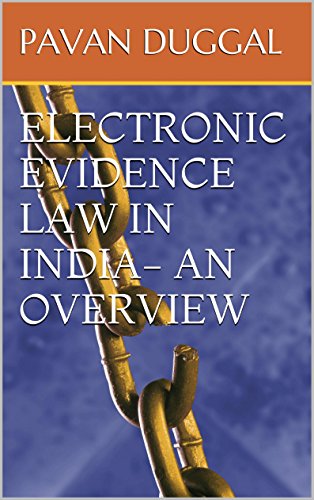Description
In India, the law pertaining to interception has now been more elaborately developed. Earlier, in India, telephones were intercepted under the Indian Telegraph Act, 1885. The advent of Information Technology Act, 2000, provides the powers of interception of electronic communications to Government of India. These powers have been more elaborately dealt with by the Information Technology (Amendment) Act, 2008.
This eBook gives an overview of all legal, policy and regulatory issues connected with interception of electronic communications in India.
This eBook seeks to examine the most important provisions pertaining to interception in India under the Information Technology Act, 2000 as amended. It identifies various circumstances under which interception of communications can take place and further stipulates the evolving case laws in this regard.
This eBook is an absolute must for all legal practitioners, law libraries, mobile companies, mobile service providers and operators, all companies offering their services in the electronic ecosystem and all users of computer resources and all other kinds of communication devices. This eBook is essential also for any person or legal entity, using any component or service available on or through the electronic ecosystem, electronic environment and electronic networks, who wants to protect their privacy. This eBook further elaborates on the various legal challenges facing the ever important issue of interception in the electronic ecosystem.
This eBook is authored by Pavan Duggal (http://www.pavanduggal.com), Asia’s and India’s foremost expert on Cyberlaw and Mobile Law, who has been acknowledged as one of the top four cyber lawyers of the world. This eBook’s Author runs his niche law firm Pavan Duggal Associates, Advocates (http://pavanduggalassociates.com/) which is working on all aspects concerning technology and the law.
© Pavan Duggal, 2015





There are no reviews yet.